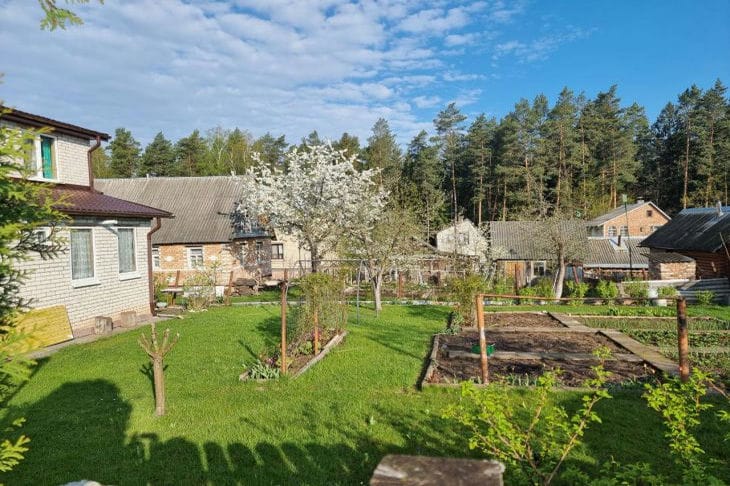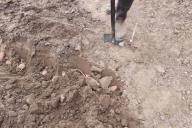A summer cottage is a place where we seek to take a break from the hustle and bustle of the city, enjoy nature and grow our own crops.
However, our plans can often be disrupted by uninvited guests – ants.
These small insects can cause significant damage to plants and create a lot of inconvenience, says Anastasia Kovrizhnykh .
Let's figure out how to effectively fight ants in your garden and protect your harvest.
Harm from ants: why they are dangerous for the garden and vegetable garden
Ants are social insects that live in large colonies. They work tirelessly to obtain food and arrange their underground dwellings.

During their life cycle, ants can harm plants in several ways.
First, ants damage the root system of plants by making their passages in the soil. This weakens the plants and makes them more vulnerable to diseases and pests.
Secondly, ants help spread aphids. Aphids are small insects that feed on plant juices, secreting a sweet honeydew.
Ants love this honeydew and take care of the aphids, protecting them from predators and spreading them to plants. As a result, the aphids multiply quickly and cause serious damage to plants.
Thirdly, some species of ants can spoil fruits and berries, making them unfit for consumption. They gnaw holes in them, which leads to rotting of the fruit.
Reasons for the appearance of ants: what attracts them to the site
Before you begin to deal with ants, it is important to understand what attracts them to your property. Knowing the reasons will not only help you get rid of the existing problem, but also prevent ants from appearing in the future.
Food sources: ants are attracted to sweet and protein foods. Leftover food, fallen fruits and berries, compost heaps – all of these can become a food source for ants.
Presence of aphids: As mentioned above, ants take care of aphids because they secrete honeydew. So if you have aphids in your area, you will most likely have ants there too.
Favorable conditions: ants prefer to settle in a warm and humid environment. Therefore, they often arrange their nests under stones, boards, in cracks in the foundation or near compost heaps.
Ant Control Methods: Effective and Safe Ways
There are many ways to combat ants, both folk and using special preparations. The choice of method depends on the scale of the problem, your preferences and the characteristics of the site.
Folk methods
Repellent odors: ants cannot stand strong odors. Strong-smelling plants such as mint, wormwood, lavender, and garlic can be planted around the perimeter of the plot or around the beds. Essential oils of these plants can also be used.
- Spices: Sprinkle ground black or red pepper, cinnamon, turmeric in places where ants gather and on ant trails.
- Traps: Sweet water mixed with boric acid will be an effective bait for ants. You can also use traps made of scotch tape with a layer of honey or jam on it.
Chemicals
Insecticides: In case of a massive ant infestation, you can resort to using insecticides. Choose products that are safe for people and pets.
- Gels and Granules: Ant gels and granules contain bait that the ants carry into their nests, causing the death of the entire colony.
Mechanical barriers
- Belt traps: tie trapping belts coated with a sticky substance around tree trunks. Ants will not be able to get past this barrier and will not be able to reach the aphids that usually live on the leaves.
- Protective rings: You can make rings of ash, lime or diatomaceous earth around your plants. These substances have repellent properties and will not harm your plants.
Previously, we talked about what material is best for building paths in a greenhouse .









